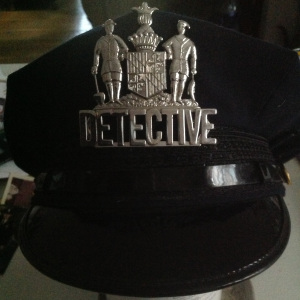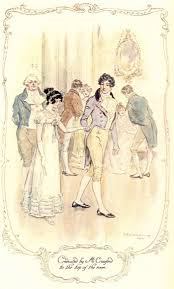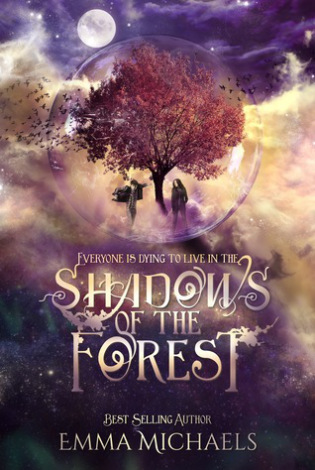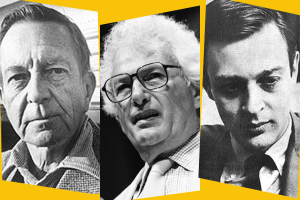 I have’t kept up with the up-and-down reputations of some authors. Several years ago it was suggested to me that I read an excellent but almost forgotten author, Richard Yates. At that time a collection of his stories was all I could find at my local big-box bookstore; I read a few stories and later bought a Yates’ novel off the remainder rack, but I didn’t pay much attention to the author. Two novels—The Easter Parade and Revolutionary Road—were waiting for me to read, hidden in the back row of my bookshelves.
I have’t kept up with the up-and-down reputations of some authors. Several years ago it was suggested to me that I read an excellent but almost forgotten author, Richard Yates. At that time a collection of his stories was all I could find at my local big-box bookstore; I read a few stories and later bought a Yates’ novel off the remainder rack, but I didn’t pay much attention to the author. Two novels—The Easter Parade and Revolutionary Road—were waiting for me to read, hidden in the back row of my bookshelves.
Then they made a movie of Revolutionary Road with Kate Winslet and Leonardo DiCaprio and, as is my habit, I dug out my copy of the novel and read it before I eventually watched the movie. Both were good. Yates was on an upswing and even the smaller bookstores (that are left) were stocking newly published editions of his books.
Now I have finally read The Easter Parade. Yates is still an excellent writer but I wonder if he has remained popular or if he has slid back into incomprehensible obscurity?
 I enjoyed every page of The Easter Parade but realize that it didn’t deal with cosmic or even global issues. It exposed the tragedy of everyday life—falling in love, being married and having kids, working for a living, entertaining boyfriend after boyfriend, marital violence, alcoholism, mental health—the very pedestrian issues that affect us all to some extent.
I enjoyed every page of The Easter Parade but realize that it didn’t deal with cosmic or even global issues. It exposed the tragedy of everyday life—falling in love, being married and having kids, working for a living, entertaining boyfriend after boyfriend, marital violence, alcoholism, mental health—the very pedestrian issues that affect us all to some extent.
I have now spent some time contemplating why the tragedy of everyday lives is as engrossing as trudging through the snow with dwarves or dodging a pygmy’s poisoned arrows or clandestine meetings in the dark corner of a parking garage with international spies.
My first thought is that there are two kinds of literature: one where you escape to a different world and another where you work out the issues of your own, everyday world. Thinking back to more classic works, I recognize that this need to work through everyday events and emotions is pervasive. Notice that authors from other times or other places may engender a seemingly different world but when you look closer, the basic human themes are the same, whether they are in 18th Century France, 19th Century Russia, or late 21st Century on a voyage to distant planets.
I am reminded of an author I discovered on a rounder at the back of Papa Bach’s. I had read one somewhat steamy novel by this author and was scanning another when I realized that it was effectively the same novel. Every event, every emotion, every theme was a carbon copy, only the characters and the age were changed: the Borgias were replaced by the court of King John and later by Charlemagne, or someone similar. They have computer programs now that make this very easy to do.
But my point is that the everyday experiences, thoughts, and emotions of characters is somewhat of a constant no matter when or where a book is written.
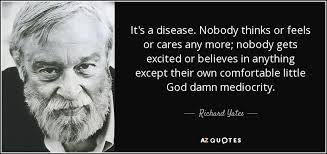 Here is what Wikipedia shows for the works of Richard Yates:
Here is what Wikipedia shows for the works of Richard Yates:
Bibliography
Revolutionary Road (1961)
Eleven Kinds of Loneliness (1962) (stories)
A Special Providence (1969)
Disturbing the Peace (1975)
The Easter Parade (1976)
A Good School (1978)
Liars in Love (1981) (stories)
Young Hearts Crying (1984)
Cold Spring Harbor (1986)
The Collected Stories of Richard Yates (2001)
Filmography
The Bridge at Remagen (screenplay) (1969)
Lie Down In Darkness (unproduced screenplay) (1985)
Revolutionary Road (2008)

